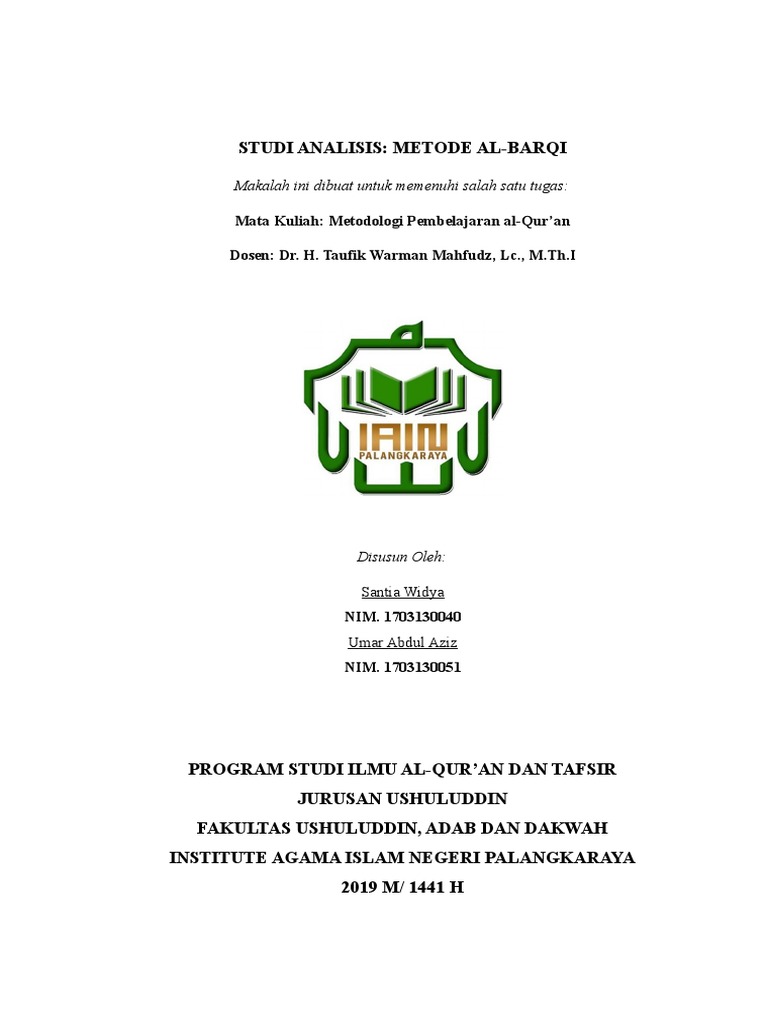The realm of Shia Islamic scholarship is vast, characterized by a multitude of thinkers who have contributed significantly to Islamic jurisprudence, theology, and ethics. Ahmad b. Muhammad b. Khalid al-Barqi stands out as a pivotal figure in this intellectual tradition. But who exactly was al-Barqi, and what are the enduring implications of his teachings in contemporary Shia thought?
Al-Barqi, who lived in the 3rd century of the Islamic calendar (around 9th century CE), was a prominent scholar in the field of hadith and jurisprudence. His contributions were not only profound but also transformative, leading to an expansion of the Shia scholarly apparatus. One of the most significant aspects of al-Barqi's legacy lies in his compilation of hadith, which serve as a cornerstone for later Shia scholarship. Yet, what challenges do we encounter when analyzing al-Barqi's work, and how do his teachings interface with modern challenges in the interpretation of Islamic texts?
The principal corpus attributed to al-Barqi is known as "al-Mahasin." This collection encompasses a wide array of hadith that address ethical conduct, familial relations, and community obligations. It is often regarded as a foundational text that articulates the moral framework within which Shia Muslims are expected to operate. Thus, the intricacies of al-Barqi’s interpretations provide a multi-faceted approach to understanding these norms. However, a significant challenge arises when one attempts to discern the authenticity and contextual relevance of these hadith, particularly in an era marked by rapid societal shifts.
Al-Barqi's methodology in selecting and narrating hadith was rigorous. He employed both critical and contextual analysis to ascertain the authenticity of sources. This process raises essential questions about the interpretative frameworks employed by contemporary scholars. In an increasingly pluralistic world, how do we reconcile ancient narratives with modern ethical dilemmas? The implications of al-Barqi’s scholarly rigor compel current scholars to revisit the criteria used for hadith authentication and to question whether existing methodologies meet the demands of present-day ethical challenges.
His insightful perspective on ethics is perhaps one of the most enduring aspects of his legacy. Al-Barqi proffered various ethical paradigms derived from the teachings of the Imams, emphasizing the fundamental importance of intention in actions. A notable teaching posits that the purity of one’s intention is more significant than the action itself. This raises a provocative inquiry: in the quest for social justice and ethical governance, how do contemporary Shia scholars operationalize the concept of intention amidst the social realities that often present conflicting interests?
Moreover, al-Barqi’s work introduces the notion of communal responsibility, a vibrant theme in Shia Islam that calls for collective engagement in societal issues. This teaching can fuel critical discourse around the role of the Shia community in contemporary sociopolitical situations. For instance, how do we interpret al-Barqi’s teachings in light of current events where Shia communities find themselves in precarious positions, facing oppression or marginalization? The historical context of al-Barqi’s life offers an essential perspective on resilience and solidarity that can inform modern Shia activism.
Furthermore, al-Barqi’s attention to the familial unit accentuates the intergenerational transmission of values within the Shia community. His principles underscore the significance of nurturing moral rectitude within families and the broader community. In a world where familial structures are often compromised, how can we employ al-Barqi’s teachings to fortify and rejuvenate these essential units? The quest for nurturing ethical families is fraught with challenges, yet al-Barqi offers a lens through which we can explore innovative approaches to strengthening familial bonds and ethical upbringing.
Al-Barqi also ventured into theological discussions, engaging with complex notions of divine justice and human agency. His commentary on the nature of God and the role of human beings presents a profound challenge when juxtaposed against contemporary philosophical debates. As we navigate issues like free will and predestination, al-Barqi’s positions urge a reevaluation of how these concepts are articulated within the Shia tradition. In an age where existential questions proliferate, what wisdom can we garner from al-Barqi to address the uniqueness of the human experience in relation to the divine?
In conclusion, Ahmad b. Muhammad b. Khalid al-Barqi remains a salient figure whose teachings continue to resonate within Shia Islam. His contributions, such as the framework of ethics and communal responsibility, provide foundational insights that are imperative for navigating modern dilemmas. Nevertheless, engaging with his work requires a critical lens that acknowledges the contemporary context in which we find ourselves. Ultimately, the challenge that al-Barqi presents is not merely historical; rather, it invites an ongoing dialogue on the relevance, interpretation, and application of Shia teachings in an ever-evolving world.


